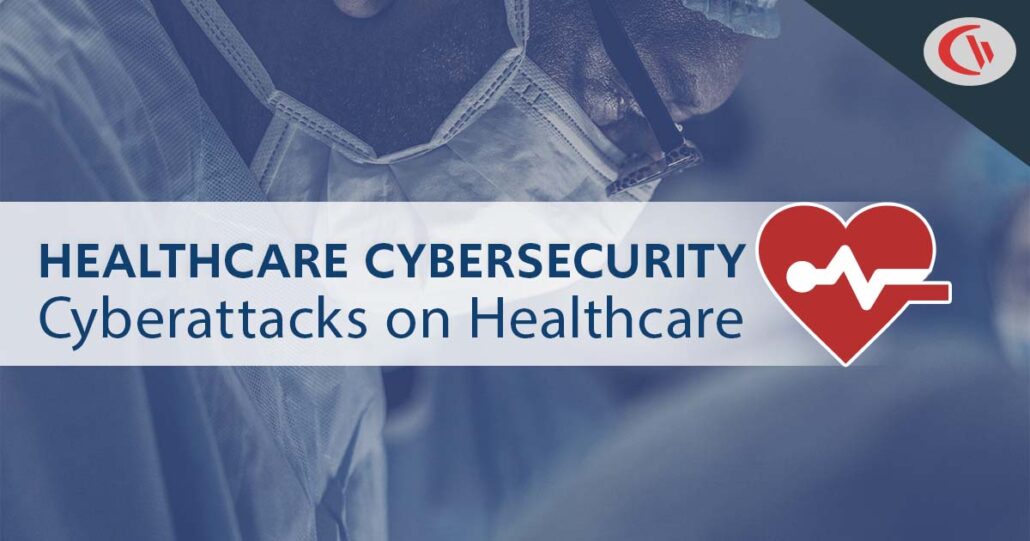Response to Classmate 1
Hello, (Healthcare Cybercrimes)
Thank you for an educative and insightful discussion. The healthcare industry is the most affected by cybercrimes as unauthorized individuals attempt to access confidential information, including patient health information and payment details. Data security breaches can be intentional or unintentional; internal threats remain the most significant. Internal threats can result from human mistakes or intentional unauthorized access to patient health information (Healthcare Cybercrimes).

Healthcare systems like EHR can be vulnerable to external hackers, exposing patient health information to possible attacks (She et al., 2020). I agree that purposeful training is needed to keep data safer and increase awareness of potential loopholes that can open opportunities for attacks, internally or externally.
Reference
Seh, A. H., Zarour, M., Alenezi, M., Sarkar, A. K., Agrawal, A., Kumar, R., & Khan, R. A. (2020). Healthcare Data Breaches: Insights and Implications. Healthcare (Basel, Switzerland), 8(2), 133. https://doi.org/10.3390/healthcare8020133
Response to Pamela Davidson-Gordon. (Healthcare Cybercrimes)
Hi Pamela,
I enjoyed reading your discussion for its communicativeness and clarity. Indeed human errors are rated as the most significant threat to data security breaches. For instance, a provider can expose login details to the EHR by mistakenly sharing them through email. The unintentional mistakes can be detrimental if the patient’s health information falls into malicious hands.
I concur that cyber-attacks, including hacking and phishing, contribute significantly to data security threats, increasing the risk of patients losing their privacy and the organization being sued for failing to adhere to HIPAA and other regulations (Lee & Choi, 2021). I support adopting cyber-security training programs to ensure employees understand data security protocols and measures to take in case of an attack. Security can only begin from within, hence the need to empower employees by making them more aware and knowledgeable (Healthcare Cybercrimes).
Reference
Lee, J., & Choi, S. J. (2021). Hospital Productivity After Data Breaches: Difference-in-Differences Analysis. Journal of medical Internet research, 23(7), e26157. https://doi.org/10.2196/26157
Response to Owairna Morris
Hello Morris,
Thank you for the great post. I agree that technological advances in the healthcare industry have been beneficial but also presented multiple challenges, including cybersecurity issues that put patient and organization health information at risk of malicious use. Indeed phishing attacks are significant and common in the healthcare industry and mostly affect unaware individuals, exploiting unintentional human errors (Healthcare Cybercrimes).
Inadequate security measures like the failure to secure the network by making it private, adopting multi-factor authentication, constant updating of passwords and login details, and limiting access to patient health information increase the risk of data security breaches (Choi et al., 2019). I agree to a robust cybersecurity plan to enhance data security and increase capacity to prevent, identify, respond to, and mitigate data security breaches.
Reference
Choi, S. J., Johnson, M. E., & Lehmann, C. U. (2019). Data breach remediation efforts and their implications for hospital quality. Health services research, 54(5), 971–980. https://doi.org/10.1111/1475-6773.13203
